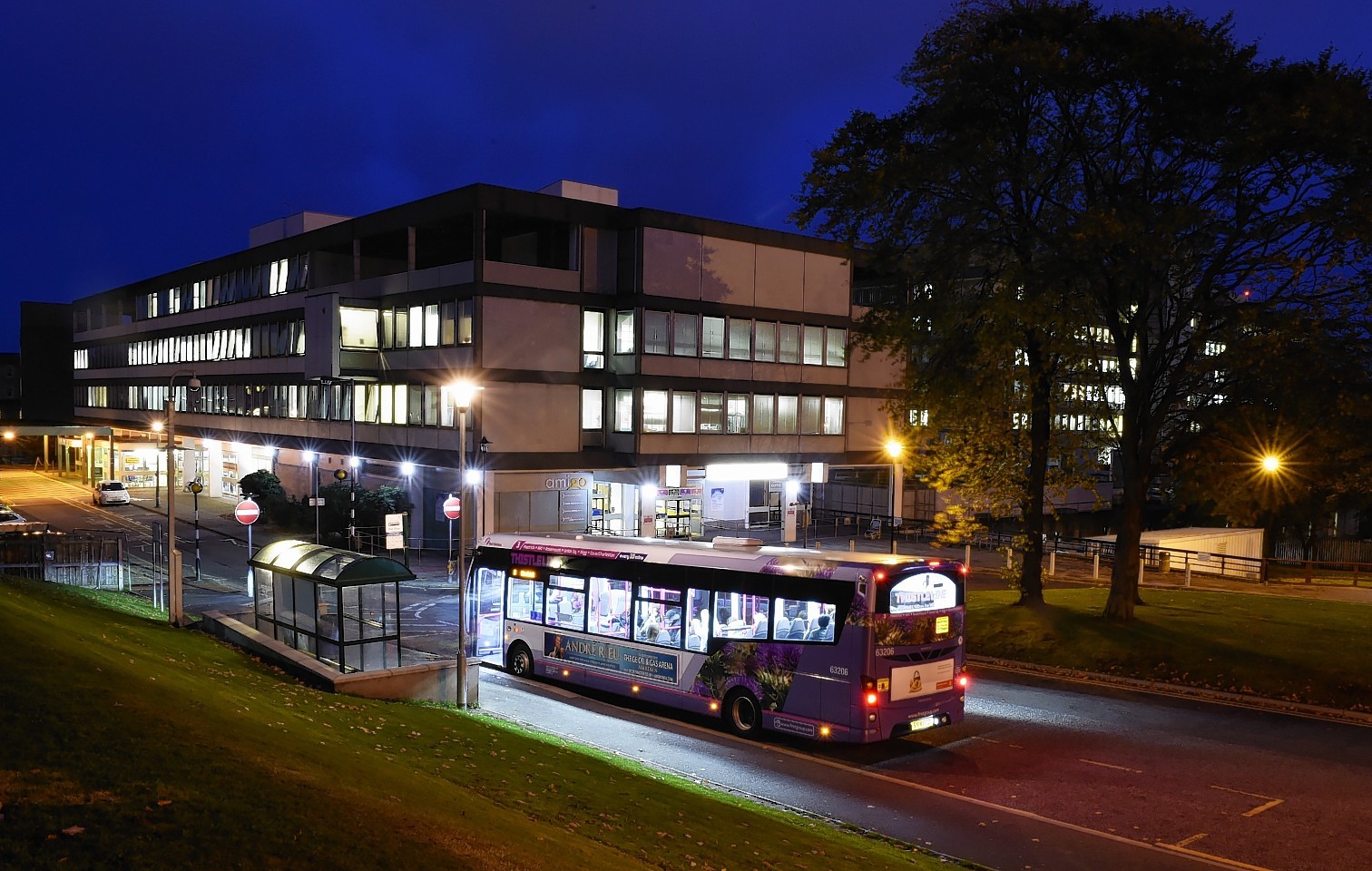A woman was made to wait around 36 hours before doctors explained how seriously ill her father was after a lung cancer operation went wrong – days before he died.
The man, who has not been named, was undergoing surgery to have his lung removed at Aberdeen Royal Infirmary in July 2011 when he suffered a lack of oxygen in his blood.
Although the cancerous lung was removed successfully the patient, known only as Mr A, failed to regain consciousness and had to be transferred to intensive care, where he died a week later.
A subsequent investigation by the Scottish Public Services Ombudsman found “serious failings” at the NHS Grampian hospital leading up to and after the incident.
The public services watchdog discovered that despite doctors knowing how seriously ill the man was after surgery it was not until a day and half later that this was properly discussed with his family.
A report into the incident, released today, stated: “The board acknowledged that there were significant failures in their post-operative communication with the family.
“It was obvious to staff how unwell Mr A was after his operation, but despite this, it was not until around 36 hours later that someone from the surgical team properly discussed matters with the family.
“This was the most distressing part of this case.”
The report went on: “This contributed significantly to a breakdown in trust between Mr A’s family and some medical staff. “Although the board recognised that the communication was inadequate, I was not convinced that they have taken sufficient action to ensure this does not happen again.”
The case came to the attention of the watchdog after the man’s daughter, referred to as Miss C, complained about the care and treatment her father had received.
Miss C claimed that the consultant anaesthetist failed to provide a reasonable level of care to Mr A before and after his surgery – a complaint upheld by the watchdog. And an independent medical adviser said that surgery should not have proceeded when it became apparent there was a problem with monitoring carbon dioxide levels in Mr A’s blood.
Concerns were also raised that the anaesthetist had needed advice on methods to maintain blood oxygen levels and treat a lack of oxygen.in communication during surgery and a lack of decisiveness by the anaesthetist were also highlighted.
The Ombudsman found that the performance of the consultant anaesthetist fell “below the reasonable level of care from a specialist doctor”.
NHS Grampian was also told that neither the man or his family knew the full risks of the surgery due to failings in earlier assessments.
The Ombudsman upheld all of the complaints against the health board and made nine recommendations, three of which related to the anaesthetist’s practice.
Other recommendations included reviewing how families are advised of “adverse incidents” and a review of the consent procedures to ensure patients fully understand the risk of lung cancer surgery.
An NHS Grampian spokeswoman said “We fully accept all of the recommendations presented in this case and will respond accordingly within the timeframes noted within the final report.
“In particular, we accept that our communication with Mr A’s relatives was poor and we apologise for that.”
